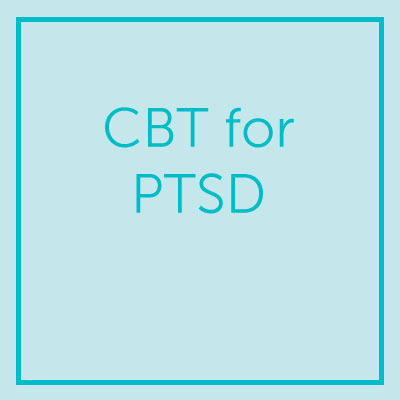Why Use Exposure for Post Traumatic Stress Disorder?

As practitioners, we care deeply for the individuals we serve. Working with them following a traumatic event often activates our desire to protect and care for our clients, particularly when a survivor presents with the disruptive symptoms of Post Traumatic Stress Disorder (PTSD). Some practitioners, though, become overly focused on the desire to prevent any hurt or distress. Their treatment strategies revolve around helping clients avoid and eliminate distress, and making sure clients don’t get triggered. They often have automatic thoughts such as:
- “I need to prevent distress at any cost.”
- “This trauma was so terrible; I can’t let my client get upset.”
In their minds, exposure techniques betray their dedication to do no harm.
Although this reaction is understandable, exposure approaches are consistently found to be one of the most effective treatments for PTSD. Individuals tolerate and benefit from the treatment enormously. They do not drop out from exposure more than any other treatment approach (Hembree et al, 2003), exacerbation of symptoms in response to exposure is rare (Foa et al, 2002), and the treatment is effective even with comorbidities such as dissociation, borderline personality disorder, psychosis, self-injury, substance use disorders, and major depression (Van Minnen et al, 2012). In addition to being tolerable and effective, exposure techniques provide powerful learning opportunities to correct clients’ unhelpful and inaccurate beliefs. According to Jonathan Abramowitz, Ph.D., a leading researcher in anxiety disorders, “Exposure is the best cognitive intervention.”
At the heart of treatment, exposure targets the avoidance of the memory of the trauma and avoidance of the reminders of the trauma (Foa, Hembree & Rothbaum, 2007). Exposure is a supportive and collaborative system of techniques that helps an individual face upsetting memories or reminders. These experiences enable the individual to assess his or her personal capability on a visceral level. As treatment progresses, previously avoided information about the trauma becomes available because the individual is no longer excessively distressed by the memory. This information is then used to correct beliefs that lead to guilt, shame, anger, grief, disgust, and other aversive states.
Considering the broad impact of exposure as a vehicle for cognitive change, the desire to avoid exposure as a treatment strategy (along with a CBT conceptualization and additional treatment strategies) seems driven by instinct rather than research. Exposure is an efficient and potent strategy for enacting cognitive and behavioral change for the individual and can lead to long-term recovery from PTSD.
Upcoming Workshop

CBT for PTSD
July 9-11